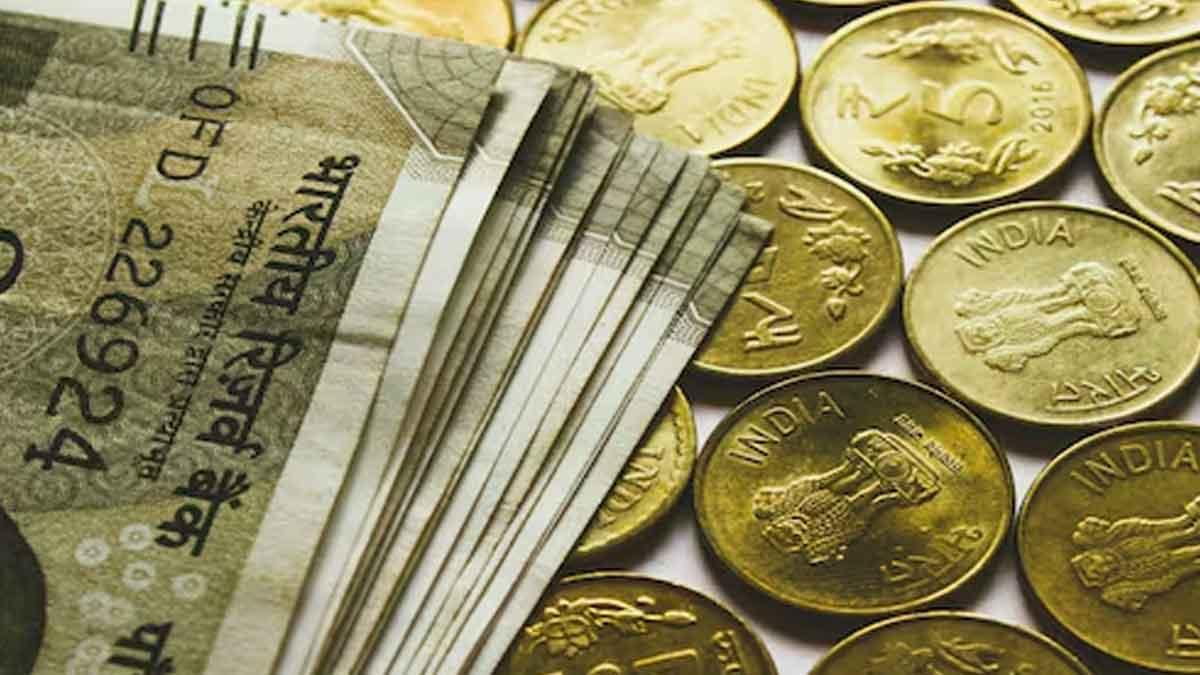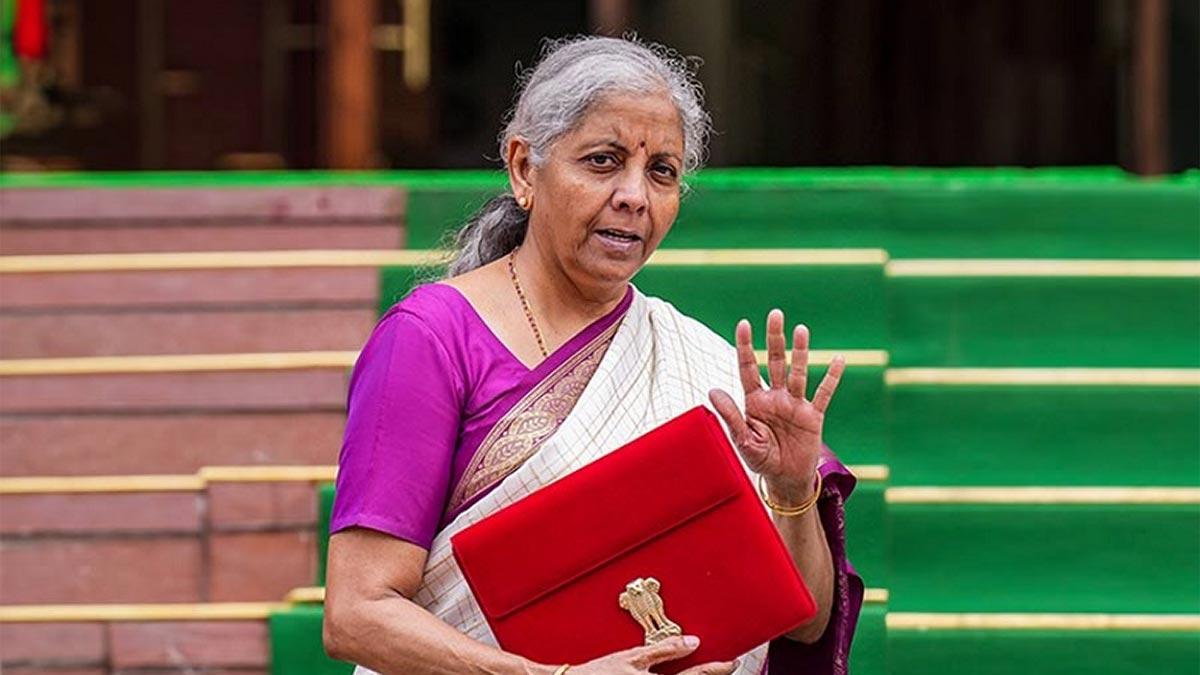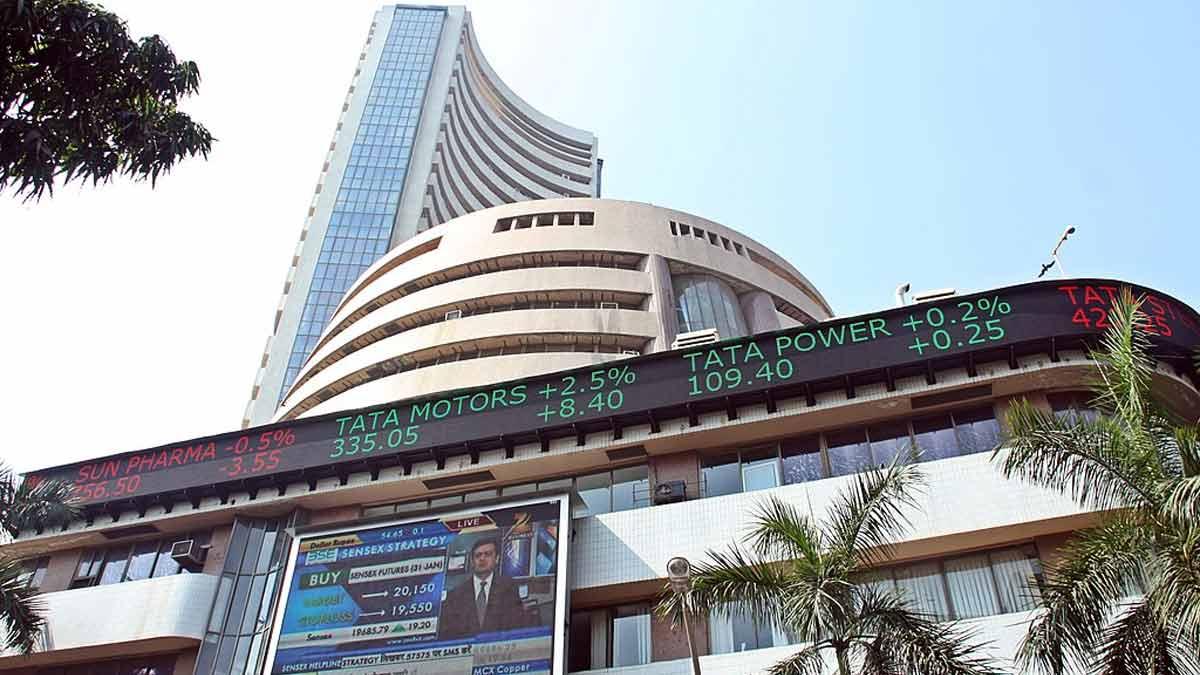The government on Tuesday announced its decision to remove angel tax for all classes of investors in a bid to encourage the growth of budding entrepreneurs in the country.
Angel tax is a charge levied by the government on the funds that unlisted companies, especially startups, raise if their shares' valuation is more than the fair market value.
"For nurturing the start-up ecosystem in India, facilitating entrepreneurial zeal, and encouraging innovation, I recommend abolishing what is known as angel tax for all classes of investors," the official statement said.
The recommendation to abolish this tax burden on startups was made by the Department for Promotion of Industry and Internal Trade till the Union Budget. New rules relating to angel tax were brought out by the Income Tax Department in September, including how it would treat the valuation of share issued by unlisted startups to investors.
Whereas the angel tax was applicable only to domestic investors, it had been decided in the Budget for 2023-24 that foreign investments will also come within its ambit.
With over 1.17 lakh registered startups in the country, all can avail themselves of the various benefits under the Startup India initiative.
Deloitte India Partner Sumit Singhania termed it as a very positive step that would definitely rebalance the tax landscape for domestic and international investors in startups. He has stated that the move has been viewed as part of proactive taxation policy, bringing relief after over a decade since the tax's imposition in 2012. According to Singhania, the abolition of angel tax is timely and shows that the government is truly committed to bringing in long-term strategic investments and making funding opportunities easier in innovation and research.
Lokesh Shah from IndusLaw called the announcement a game-changer for Indian startups. He said it was indeed positive for investors and venture funds investing in and supporting the growth of Indian enterprises.
Read also | Government Maintains Capex at Rs 11.11 Lakh Crore, Allocates 3.4% of GDP


















